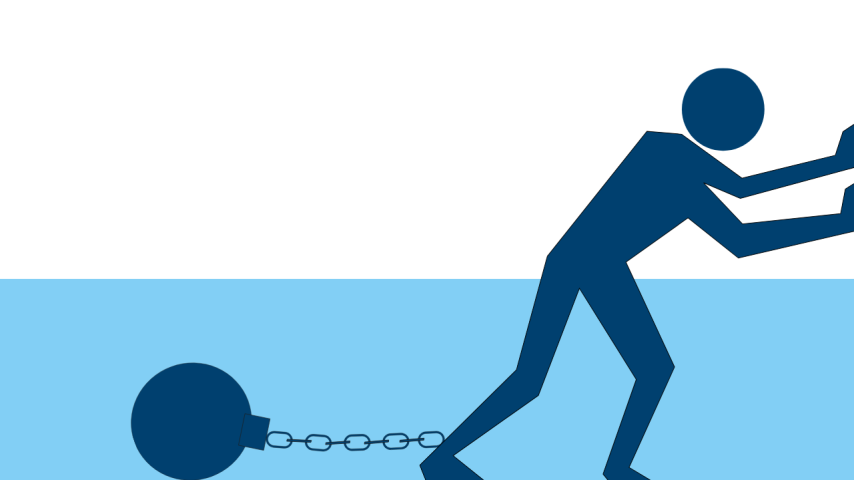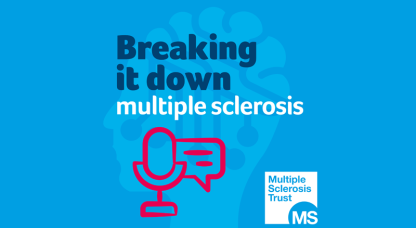Some form of physical activity as part of your daily routine is an essential element of a healthy lifestyle. Low activity levels cause under-used muscles to become weaker, which means that stamina levels and fitness are reduced. This means your body has to work harder when carrying out everyday activities, so they consume more energy and increase fatigue.
Once I worked out what was going on (less activity, leading to more fatigue, leading to less activity) I found exercising at the gym a HUGE benefit!
People sometimes think physical activity means high energy exercise, which can be off-putting. However any activity that increases your heart rate and your breathing is beneficial. This includes everyday jobs such as ironing, hoovering, climbing stairs or washing the car.
How much should I be doing?
It’s recommended that you aim to do at least two and half hours of moderate intensity activity each week. You can do this in sessions of any length.
Moderate intensity activities include a brisk walk or slow jog, aqua aerobics or mowing the lawn. You should also try to do some activities that strengthen your muscles at least twice a week, eg using resistance bands or weights, carrying heavy shopping or digging the garden.
One way to meet this guidance is to try and do 30 minutes of activity on at least five days a week. This doesn’t have to be in one chunk – you could break it down into a few 10-minute sessions spread throughout the day.
Reducing the amount of time you spend being inactive by introducing even short bouts (eg 5–10 minutes) of light physical activity will help to improve your fitness and fatigue levels. So take it slow, fit it in where you can and build up gradually.
The key message here is that even a little movement is better than nothing.
Keep exercising!
If physical activity seems like a chore, it’s easy to lose motivation and stop. To increase the likelihood of continuing with regular exercise, choose something you enjoy, enlist a friend for support, join a local class and set some personal goals.
Read about becoming more active.



